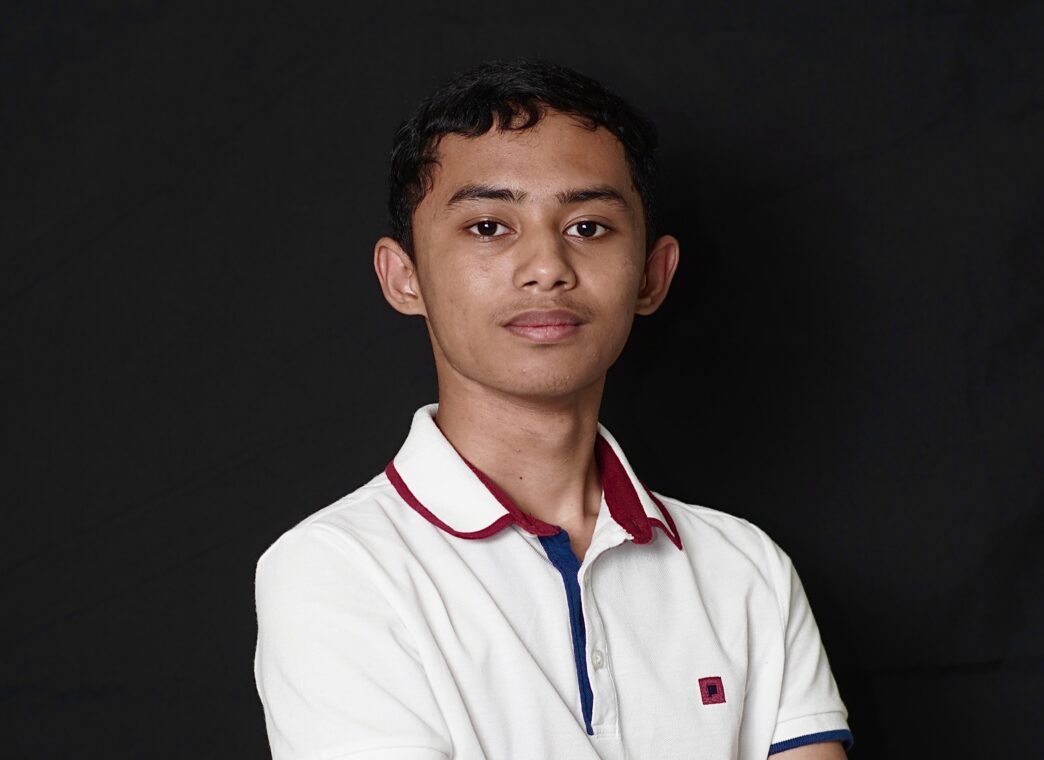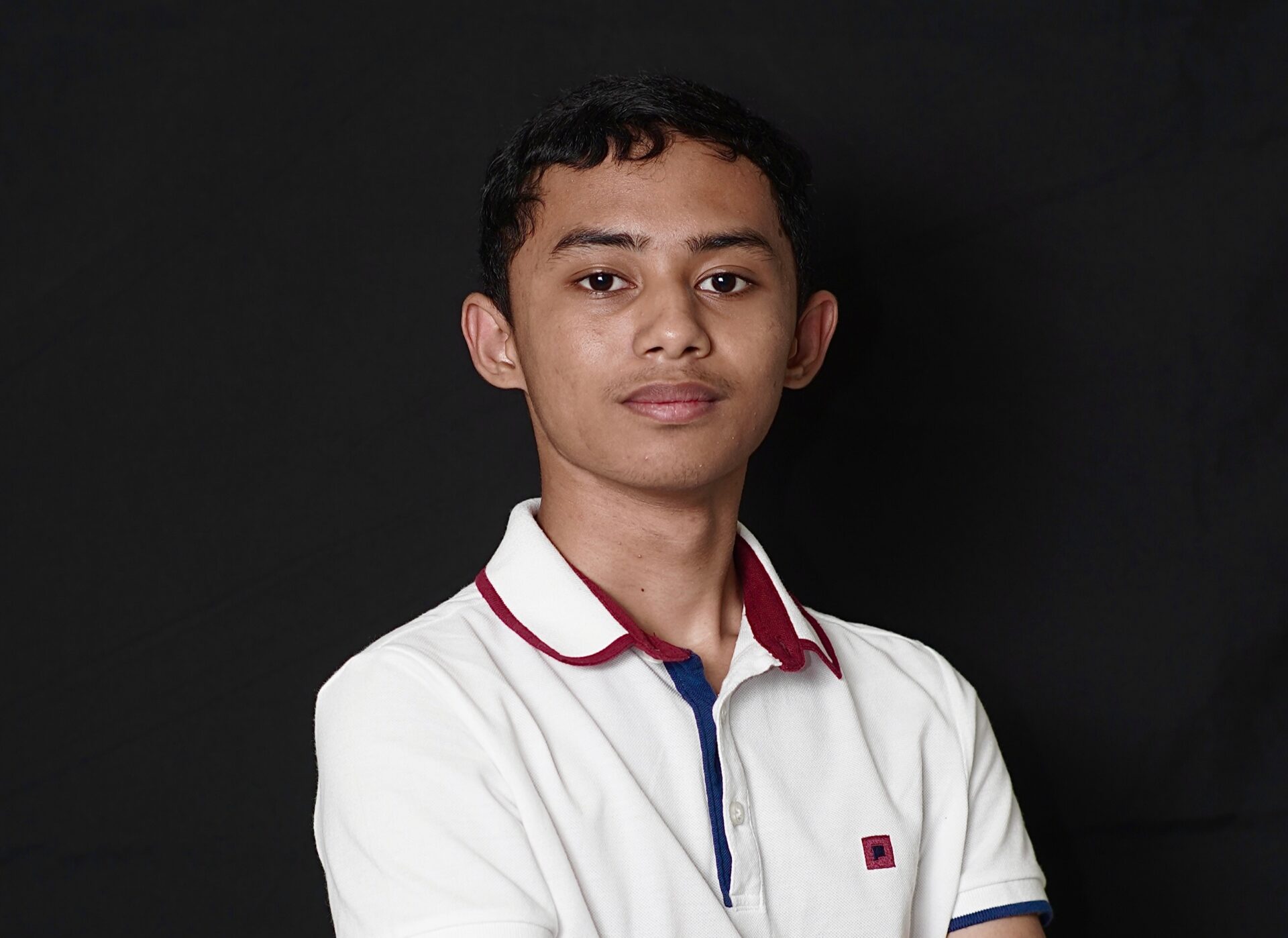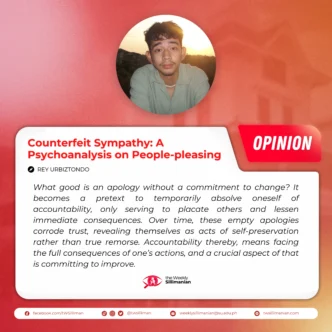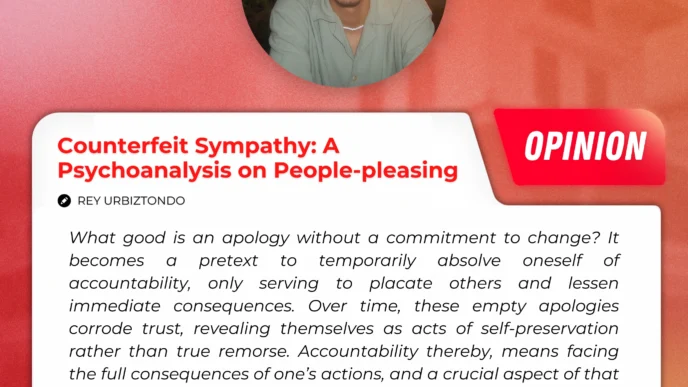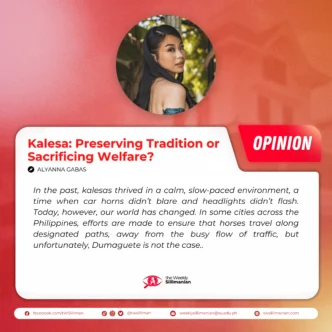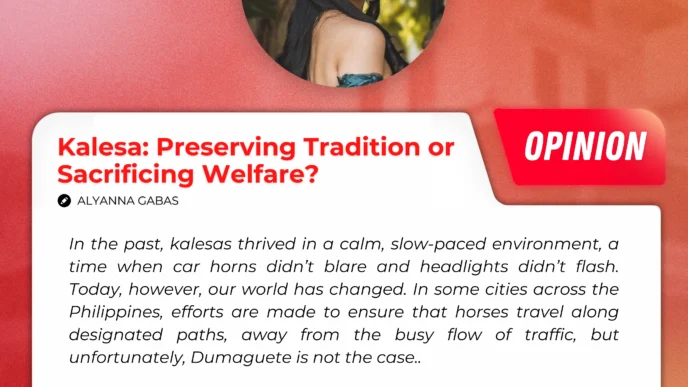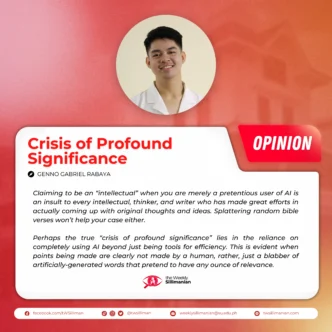By Achilles Putong
Half-written essays, fast-approaching exams, and countless group projects, all with only two hours before midnight; a situation where most students face a common dilemma: finish work at the expense of a good night’s rest? Or sleep and face the possible consequences of overdue work? And worse, many are already running on only a few hours of sleep.
If you’ve been a student long enough, there’s no doubt you’ve done this one before. It’s where we sacrifice a good night’s sleep to complete unfinished work, and it’s what we all like to call an “all-nighter.” All-nighters seem scary at first, like jumping into a pit of darkness, not knowing a way out, but once you enter, there’s no going back.
This was especially my case during junior high. I was aiming to be an honor student, not knowing that the price I was willing to pay included that of my own well-being. I worked like there was no tomorrow, desperate to be that “academically-inclined” student, to the cost of my own rest. Eight hours of sleep became six, six became four, and it soon became a habit to run on three hours of sleep on school days.
Soon enough, my lack of proper rest, combined with academic stress, became my downfall, with consequences I still face today, the same consequences that have troubled me in writing this article. I’m sure I’m not the only one in this; many of my peers even normalize this behaviour as if it’s a prerequisite for having good grades.
It also saddens me that our society normalizes being overworked. Rest is almost seen as lazy, and we grab even the smallest opportunity to “power nap” while bragging about how late we slept. What’s all the more frustrating is that some pull all-nighters not because of unfinished homework, but because of the never-ending doomscroll the youth is known for. No wonder we all end up exhausted; we deprive ourselves of sleep, take on high doses of coffee and energy drinks, and yet we wonder why our mental health gets worse as the days go by.
There’s only one thing I want to say: rest is more than what we need to survive; it’s what makes us human. What differentiates us from artificial intelligence is the ability to think creatively, yet how can we do that if we don’t give ourselves the chance to rest? Our batteries are low, our memory is full, and our system is overheating, yet we force ourselves to perform complex operations, not knowing we might shut down the next morning. We are not machines; we are humans, and humans are creative and passionate, while machines only do what they are told, the way they were programmed to do.
So to all our students, teachers, and workers worldwide: rest is more than essential—it’s what fuels our passions, powers our creativity, and makes us feel more alive.
So Katulog na, Sillimanians.

